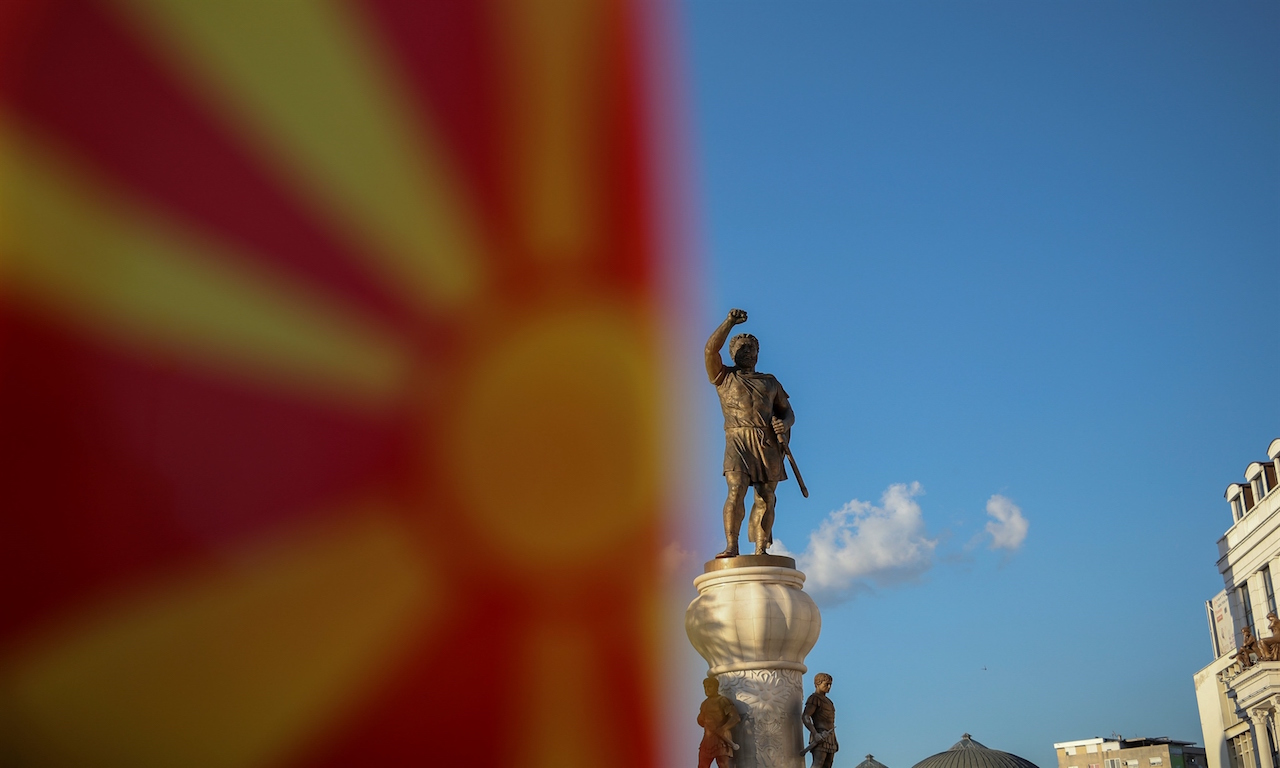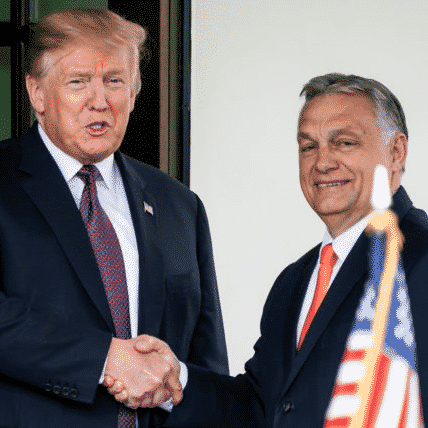Macedonians will vote on 30 September on the government’s deal with Greece to change its name to the Republic of North Macedonia to definitely leave behind its political limbo and move towards NATO and EU membership. Macedonia and Greece have been in dispute over the name of the state for 25 years, but if all goes well, the dispute could be resolved by the end of the summer.
Greece, a member of both NATO and the EU, has refused to accept the Balkan country’s constitutional name, arguing it is an afront to the legacy of its northern province with the same name. Because of this dispute, Greece has blocked Macedonia from joining NATO and movement towards the European Union.
Following the agreement last June, Greece lifted its blockage in July, on the condition that the name change is backed in the referendum and sealed with constitutional changes. Despite US President Trump’s portrayal of NATO as an Alliance in crisis, recent opinion polls show more than 50 per cent of the Macedonian people are likely to vote in the referendum with the majority supporting the name deal as a path to Euro-Atlantic integration.
Nevertheless, any move towards NATO membership by Macedonia is strongly opposed by Russia, reminiscent of its failed opposition to Montengero’s accession last year. Moscow’s ambassador to Skopje has criticised Macedonia’s ambitions to join NATO, saying it could become a “legitimate target” if relations between NATO and Russia deteriorate further.
To demonstrate their support for the name deal, the US Secretary of Defence Mattis and the Italian Minister of Defence Trenta are the latest in a string of western leaders, including the German to visit Skopje. Their visits followed ones by Chancellor Merkel of Germany and by NATO Secretary-General Jens Stoltenberg and the Austrian Chancellor Sebastian Kurz. Both statesmen urged Macedonians to turn out in high numbers to vote in favour of the new name, with Stoltenberg promising an open door to NATO in the event of a positive outcome and Kurz saying it would “pave the way” for the country to join the European Union.
NATO member Turkey seems is also to be a key supporter. In fact, in the early 1990s, Turkey was one of the first countries to recognize Macedonia under its current constitutional name. Since then Turkey has become one of Macedonia’s most important regional political and economic partners – and a vocal supporter of Macedonia’s NATO entry. The exceptionally warm ties were additionally strengthened in 2008 with a treaty for strategic partnership. A senior minister recently affirmed the friendship between the two countries. Over 70,000 Turks live in Macedonia since the beginning of this millennium. However, Turkey’s support for Macedonia’s EU membership is less clear as its accession could be interpreted as shifting Skopje away from Ankara’s orbit. Should this happen, Turkey is likely to redouble efforts to buy influence in Kosovo and Bosnia-Herzegovina, both with significant Muslim populations.
Following a successful referendum result, what would be some of the key challenges facing “North Macedonia”? One is to adopt the EU aquis after NATO membership, a second is to maintain good relations with regional neighbours and a third is controlling the hyper illegal immigration flows transiting toward Serbia and Western Europe, or harbouring returning radicalized foreign fighters from Syria, Iraq and elsewhere.
But NATO membership is the current pressing priority. At their July 2018 Brussels Summit, NATO’s heads of state and government signalled their open door policy to Skopje. Allies have been impressed by Macedonia’s determination and enthusiasm to join the Alliance but nothing is taken for granted. Skopje decision makers agree that there is still much more work to be done. Allies in NATO and EU are bound together not just by common interest but by common values and countries wishing to join the two “alliances” must demonstrate that they share thiese values. This means sticking the path of reform!
There has been important progress on key areas of reform, for instance, on transparency accountability, oversight of the intelligence and security agencies and judicial reforms. And this path must continue. In addition, and especially for NATO in the Trump era, increased and sustained defense spending to reach a minimum of 2% of GDP is an pledge of all Alliance members. North Macedonia, as NATO’s 30th member state, will be no different.
As the historic referendum approaches, all of these issues were discussed at length at the Ohrid Security Forum convened from 18-20 July and organized by the George C. Marshall Center with NATO support. Attended by Ministers, Ambassadors, Generals and experts from both sides of the Atlantic, the Forum was yet one more event to advocate for a yes vote on 30 September to set Macedonia definitively on course to Euro-Atlantic integration.
Terre rare: quanto valgono i giacimenti ucraini
3 Mar 2025
Nelle scorse settimane il presidente degli Stati Uniti Trump ha raddoppiato l'accordo da 500 miliardi di dollari sui…
Germania in panne. Che ne sarà del modello tedesco
4 Feb 2025
A pochi giorni dalle elezioni tedesche Paesi Edizioni, la casa editrice basata a Roma specializzata nella saggistica…
Il bivio tra democrazia e dittatura
19 Nov 2024
L’economista Giorgio Arfaras, in libreria dal 1° novembre con il saggio Filosofi e Tiranni, edito da Paesi Edizioni. Il…
Perché l’Occidente deve cercare un confronto con Orban
29 Lug 2024
Il sostantivo «cremlinologo» aveva certo molti anni fa una sua funzione, di là dal definire l'etichetta di uno…




